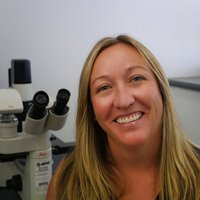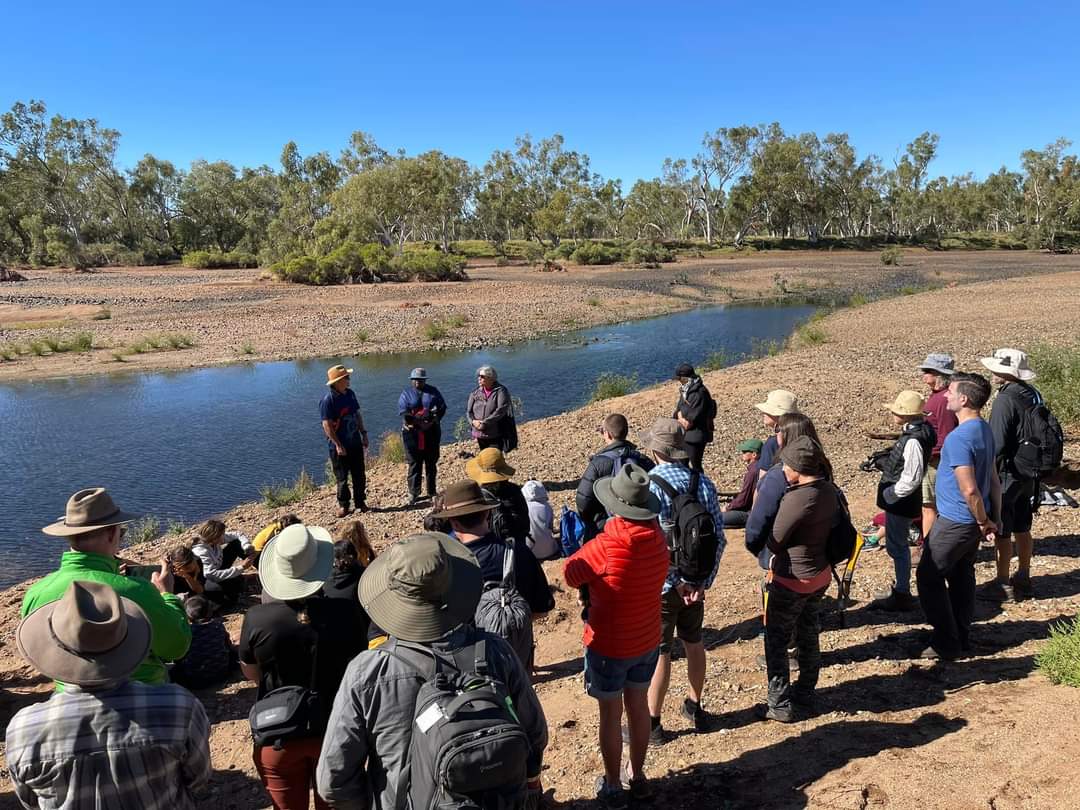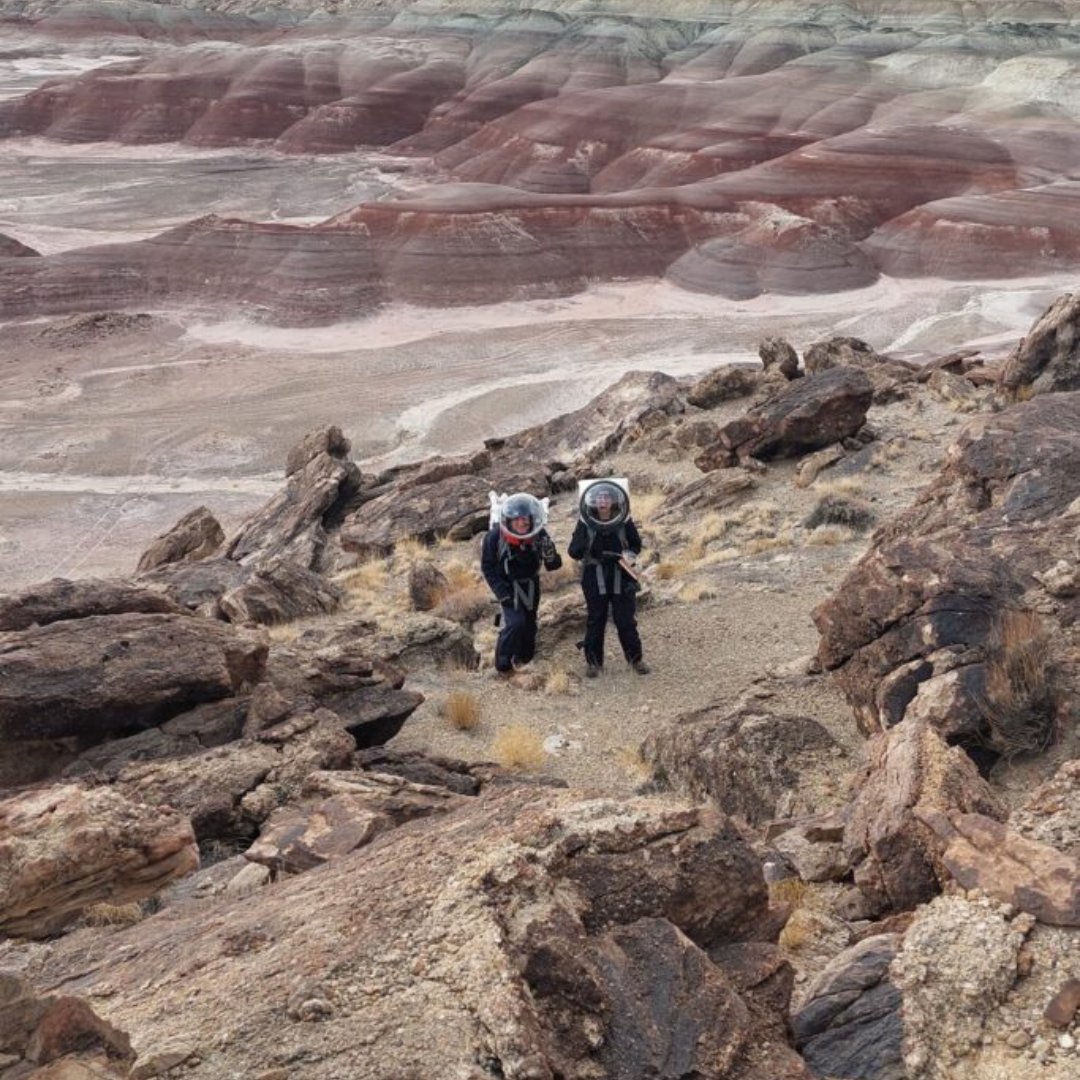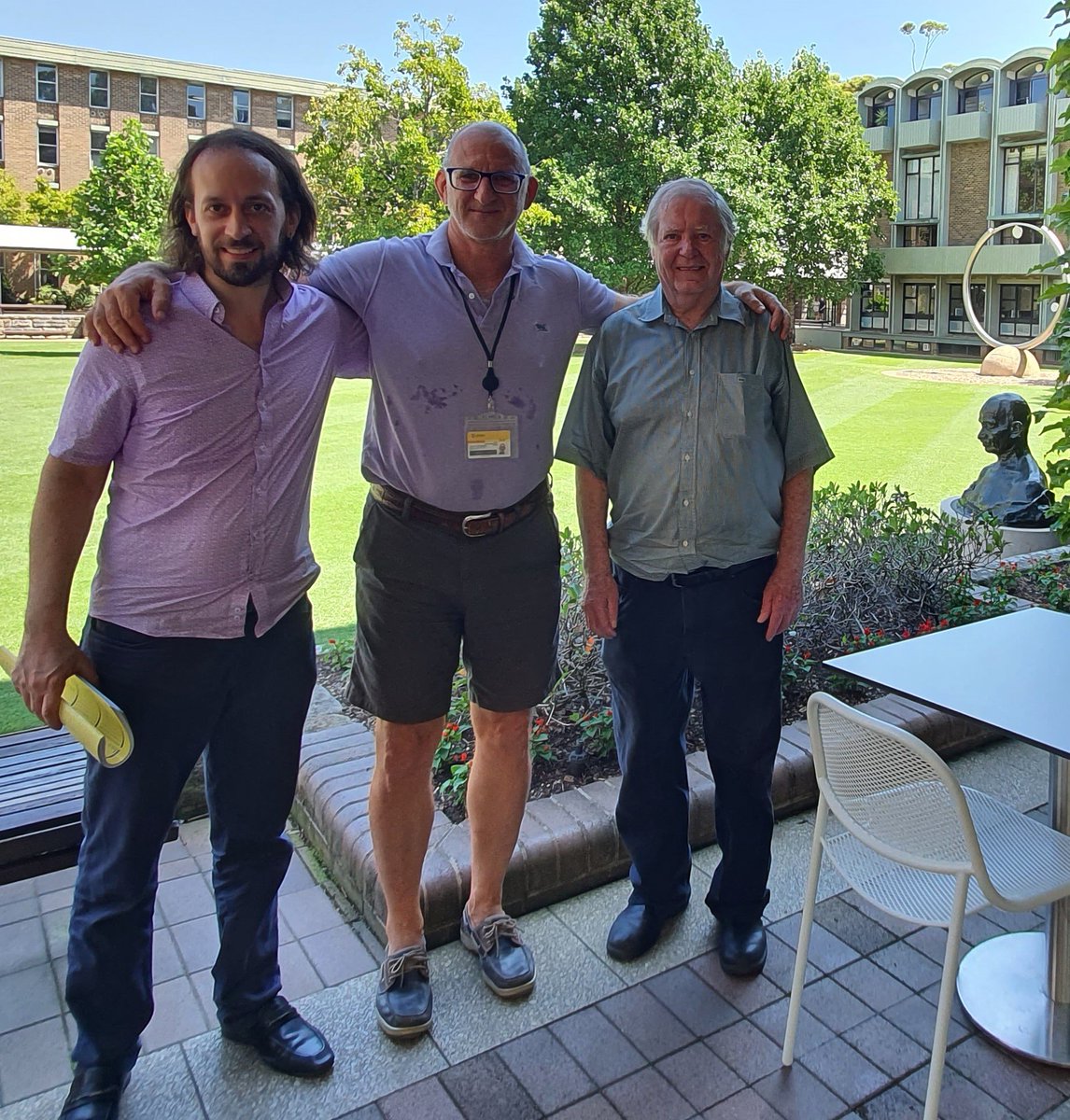
Australian Centre for Astrobiology
@aussieastrobio
Australian Centre for Astrobiology, UNSW.
ID: 1227131465495760896
11-02-2020 07:25:31
573 Tweet
1,1K Followers
170 Following

Are you interested in what life as an ACA member and as an astrobiologist can be like? Join Luke_Steller at 9am AEST this Thursday (29th September) for his feature on NASA Astrobiology's podcast #AskAstrobio! Watch live on YouTube: youtu.be/GG66eE3zVNs

A reminder that our event exploring the intersection of science and art is happening today at UNSW CLB 6 at 5pm! It will feature a talk by Steven Durbach and be accompanied by a SciArt showcase hosted by recent MPhil graduate Scarlett Li-Williams.


We are absolutely thrilled to hear that the ACA's very own Burns_Brendan has been awarded an Australian Research Council #DP23 grant! We can't wait to see what exciting research The Burns Lab will produce in the coming years 🦠


The search for life on Mars is ramping up- there could be alien life on Mars, but will our rovers be able to find it? theconversation.com/there-could-be… via The Conversation - Australia + New Zealand






Gave a little talk today for the Australian Centre for Astrobiology ACA Student Seminars to give a background on all thinks eukaryogenesis, microbial evolution and proteins! 🦠🔬👩🔬



Our scientists @clarefletcher42 Luke_Steller and Martin Van Kranendonk had the opportunity to go to Meentheena with Nyamal knowledge holders, school kids, NASA European Space Agency Australian Space Agency and CSIRO! We work to inspire next gen & the community. We enjoyed our learning and teaching!


A great article by UNSW Science about our recent Pilbara trip collabing with the Marble Bar School, community, & Nyamal knowledge holders! Thanks to ACA members Prof Martin Van Kranendonk, Luke_Steller & @clarefletcher42 for their knowledge & organisation unsw.edu.au/news/2023/07/r…


The ACA's Prof. Martin Van Kranendonk led a trip of NASA European Space Agency CSIRO & Australian Space Agency scientists and program leaders to the Pilbara, WA to see the oldest convincing evidence of life. These 2.7-3.5 billion year old stromatolite fossils help guide the search for life on Mars.



1/3 Earlier this year, geoconservationist and Australian Centre for Astrobiology PhD candidate @clarefletcher42 spent four weeks living and working at the Mars Desert Research Station in Utah. This remote station provides scientists with a “testing ground” for identifying evidence of early life.


